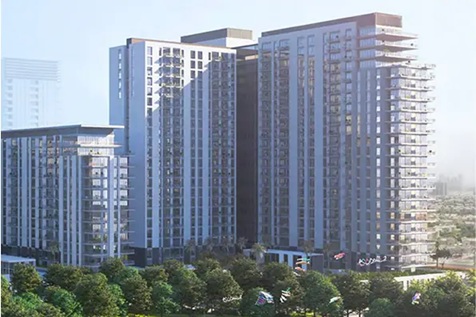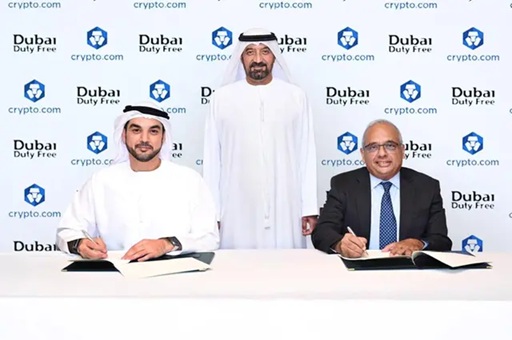
Nasdaq listed Hut 8 Corp a Bitcoin mining, an energy infrastructure platform integrating power, digital infrastructure, and compute at scale to fuel next-generation, and high-performance computing, subsidiary Hut 8 Investment has been granted a license at Dubai International Financial Center (DIFC) to deploy Bitcoin held in reserve into structured derivatives strategies.
As per the press release, the license authorizes proprietary investments and certain non-financial commercial activity under the DIFC’s legal and regulatory framework, which is based on international standards and principles of common law. DIFC license expected to enhance active treasury management, expand institutional reach, and improve capital efficiency.
The DIFC license represents a structural expansion of Hut 8’s capital strategy, enhancing the Company’s ability to deploy Bitcoin held in reserve into structured derivatives strategies.
The license is expected to broaden access to institutional counterparties, reduce trading friction, and lower transaction costs. In fiscal year 2024, Hut 8 generated more than $20 million in net proceeds from covered call options premiums on Bitcoin held in reserve.
With its license in DIFC, Hut 8 aims to unlock multiple advantages that support continued expansion of its active treasury management program, including, direct access to global derivatives markets which will enable Hut 8 to trade directly on institutional exchanges, reducing reliance on OTC intermediaries that historically introduced cost friction relative to spot pricing.
It will also offer broader access to institutional-grade products and counterparties unlocking a wider set of global liquidity providers and instruments, enhancing strategic optionality.
The license will also allow Hut 8 to construct and manage advanced yield strategies that would more difficult to execute without a DIFC license.
“We believe that securing a DIFC license enhances our ability to drive outsized shareholder returns through our integrated capital strategy,” said Asher Genoot, CEO of Hut 8. “It allows us to execute directly on global derivatives markets, reduce trading costs, and access a broader range of institutional products. Within a regulatory environment that supports structured digital asset strategies, we believe we can manage Bitcoin held in reserve more efficiently, manage risk with greater precision, and optimize yield through disciplined, proactive management.”
This week, The Blockchain Group now rebranded to Capital B, listed on Euronext Growth Paris, which became Europe’s first Bitcoin Treasury Company, holding subsidiaries specialized in Data Intelligence, AI, and decentralized technology consulting and development aligning itself with Bitcoin’s founding principles, announced it plans to expand to the UAE and set up a subsidiary in Abu Dhabi.
















